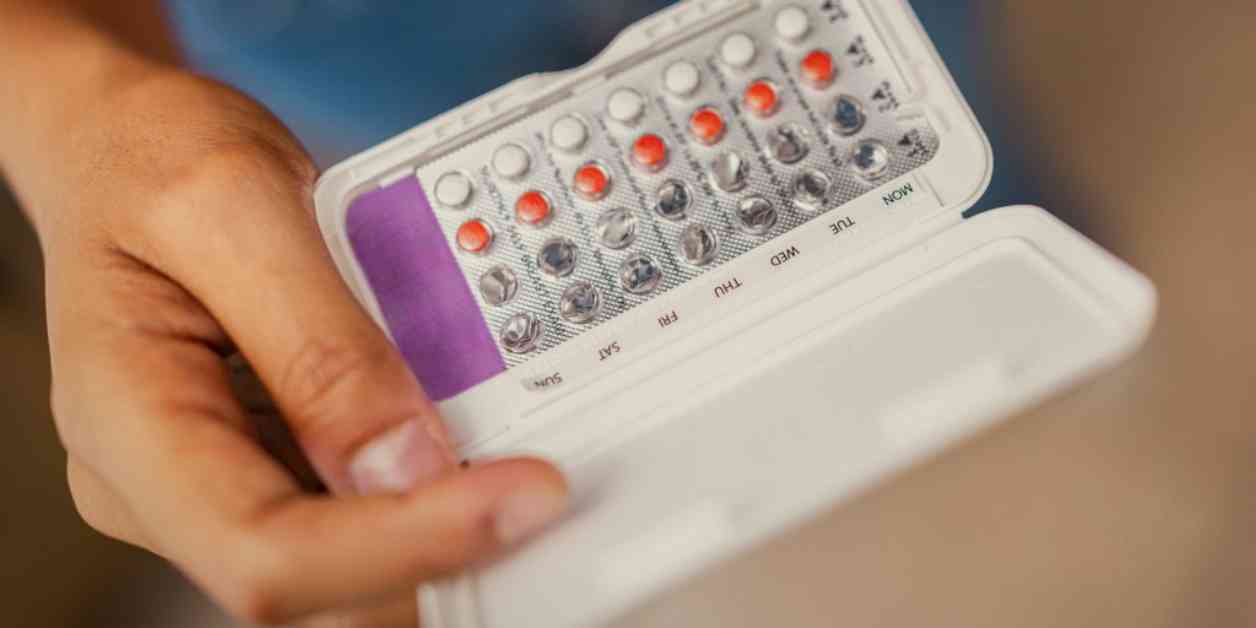South Carolina has emerged as a beacon of hope for women seeking access to birth control in the midst of increasing abortion restrictions across the country. A recent report by New Morning, a nonprofit organization in Columbia, South Carolina, has revealed a significant uptick in the number of women obtaining contraception, even in areas lacking specialized reproductive health services. This positive trend contrasts with the decline in birth control prescriptions observed in states with stringent abortion laws following the overturning of Roe v. Wade in 2022.
The Impact of Abortion Restrictions on Contraception Access
The aftermath of the Dobbs decision has seen many states implementing severe restrictions on abortion, leading to the closure of women’s health centers, including abortion clinics where women often received birth control services. In stark contrast, South Carolina has seen a surge in contraceptive access, with a record-breaking 88,281 women accessing birth control through doctor’s offices and hospitals associated with New Morning’s training program between July 2023 and June 2024. This represents a significant increase from the 76,561 women served in 2022, highlighting the growing demand for contraception among underserved populations in the state.
Primary Care Providers Filling the Gap
New Morning’s success in expanding contraceptive access can be attributed to its innovative approach of leveraging primary care providers to deliver birth control services. With many parts of South Carolina lacking OB/GYN specialists, the organization has focused on training primary care providers to meet the increasing demand for contraception, including the provision of intrauterine devices (IUDs). By working with a network of clinics spread across the state, New Morning ensures that women do not have to travel to urban areas to receive quality and patient-centered care.
A Shift Towards Long-Term Contraceptive Solutions
Following the Dobbs decision and the subsequent abortion bans in various states, women have been forced to seek alternative contraceptive methods. A report by the Kaiser Family Foundation (KFF) revealed that 17% of women of childbearing age made changes to their family planning practices in response to these restrictions, such as opting for more permanent methods like sterilization and vasectomies. This shift towards long-term contraception solutions has been observed nationwide, as individuals seek to secure their reproductive rights in the face of increasing legal barriers.
The Role of Healthcare Providers in Meeting Patient Needs
Healthcare providers like Beverly Miller, a nurse practitioner and founder of Inclusive Healthcare Center in Horry County, South Carolina, have witnessed the growing demand for longer-term birth control options among their patients. With the Supreme Court’s restrictions on abortion limiting women’s choices, healthcare providers play a crucial role in offering alternative solutions to meet patient needs. Miller’s clinic, which is part of New Morning’s network, provides primary care services to a predominantly uninsured population, highlighting the importance of accessible and affordable healthcare in ensuring reproductive autonomy for all individuals.
Supporting Women’s Reproductive Health Rights
As women across the country navigate the changing landscape of reproductive healthcare, organizations like New Morning are at the forefront of providing essential services and support. By empowering primary care providers to deliver comprehensive contraceptive care, these initiatives are instrumental in bridging the gap in access to reproductive health services, particularly in underserved communities. As the fight for reproductive rights continues, it is imperative to prioritize women’s health and autonomy, ensuring that every individual has the resources and support needed to make informed decisions about their reproductive futures.
In conclusion, South Carolina’s proactive approach to improving birth control access serves as a shining example of how communities can come together to support women’s reproductive health rights in the face of restrictive legislation. By empowering healthcare providers, expanding access to contraception, and advocating for comprehensive reproductive healthcare services, we can create a more equitable and inclusive society where every individual has the freedom to make choices that align with their values and preferences. Let us continue to stand united in support of women’s reproductive autonomy and ensure that access to essential healthcare services remains a fundamental right for all.


















